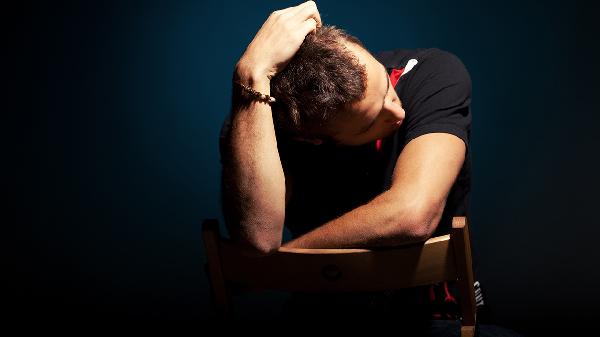Growing up in a household riddled with addiction and dysfunction left deep scars—both emotional and physical—that took years to unpack. The trauma manifested in ways I never expected: panic attacks as a toddler, TMJ pain from clenched jaws, and exhaustion so heavy it felt like my bones were made of lead. It wasn’t until therapy that I understood my body had been screaming what my voice couldn’t yet say: I wasn’t just anxious. I was traumatized.
The Physical Toll of Childhood Trauma
Before I had words for my pain, my body found ways to express it. Nail-biting became a compulsive release, a way to channel the chaos at home into something I could control—even if it left my fingers raw and throbbing. The TMJ diagnosis at 14 was my first clue that stress wasn’t just "in my head." My dentist’s quiet question about home life felt like a spotlight on the elephant in the room, but shame glued my lips shut. By college, the chest pains and fatigue had me convinced I was dying. Turns out, chronic anxiety can mimic heart problems, a cruel joke my nervous system played after years of hypervigilance.
Breaking the Silence: Diagnosis and Shame
When a therapist finally said "PTSD" and later "C-PTSD," it was equal parts relief and terror. Relief because I wasn’t broken; terror because acknowledging it meant facing memories I’d buried—like the sexual violence I endured at 5, 15, and in college. The freeze response during intimacy suddenly made sense: my body remembered danger even when my mind tried to rationalize it. But in the rural South, mental health care was often dismissed as weakness. My family’s mantra—"suck it up"—left me drowning in silence until therapy gave me permission to scream.
Al-Anon and the Power of Shared Stories
Walking into my first Al-Anon meeting felt like stepping onto a tightrope without a net. I sobbed through the entire hour, but hearing others say, "Me too" was revolutionary. The 12 steps weren’t just about my parents’ addiction; they exposed my own patterns—people-pleasing, isolation, and a self-critical voice louder than a megaphone. Working with a sponsor, I learned that "detaching with love" didn’t mean cutting everyone off. It meant releasing the illusion that I could fix my dad’s sobriety or my mom’s denial. Three years into his recovery, my father and I now have a fragile but honest relationship. Others in my family? I’ve had to love them from a distance, boundaries intact.
Journaling: The Therapy I Resisted
When my therapist suggested journaling, I rolled my eyes. "I’m not a diary person," I insisted. But scribbling unfiltered thoughts became a lifeline—a place to rage at my parents, grieve lost childhood moments, and (slowly) practice self-forgiveness. One entry read: "Today, I held a door open for myself instead of slamming it shut." Progress isn’t linear, but the act of writing made my healing tangible. It also revealed a hard truth: forgiveness isn’t about excusing harm; it’s about freeing myself from its weight.
The Lifelong Work of Self-Compassion
New diagnoses—major depression, panic disorder—could’ve felt like setbacks. Instead, they became reminders that healing isn’t a finish line. My therapist’s mantra—"self-compassion alleviates suffering"—changed everything. Now, I treat small joys as non-negotiable: a chai latte on a tough morning, a walk when the walls of my apartment feel too close, or belting Taylor Swift lyrics like my life depends on it (sometimes it does). Sharing my story on TikTok was terrifying, but the community that rallied around me proved a powerful antidote to isolation. Still, not everyone gets it. An old boss told me to "toughen up," as if PTSD were a bad attitude rather than an invisible injury. Those moments sting, but they also fuel my resolve to keep speaking up.
To anyone reading this with their own unspoken pain: I see you. The first step is the hardest—maybe it’s a therapy appointment, a support group, or just whispering your truth to the mirror. But you don’t have to carry it alone. Trauma rewires us, but it doesn’t have to define us. And sometimes, healing looks as simple as finally growing out your nails.
























